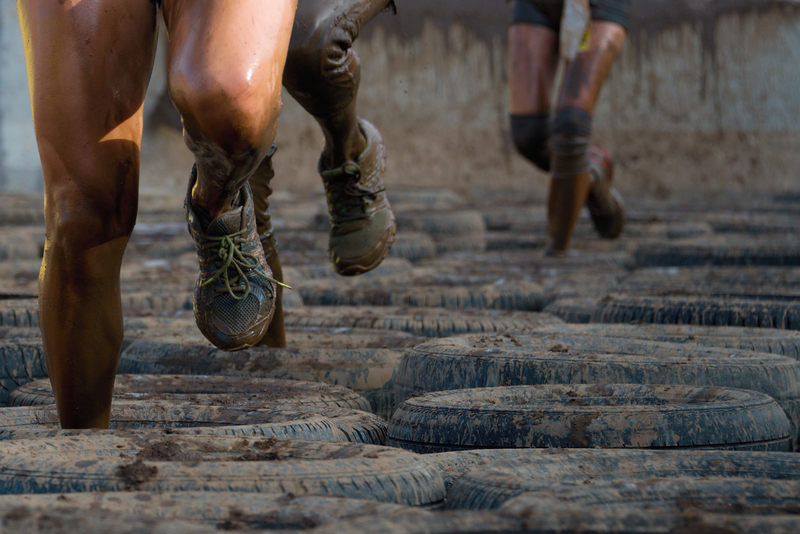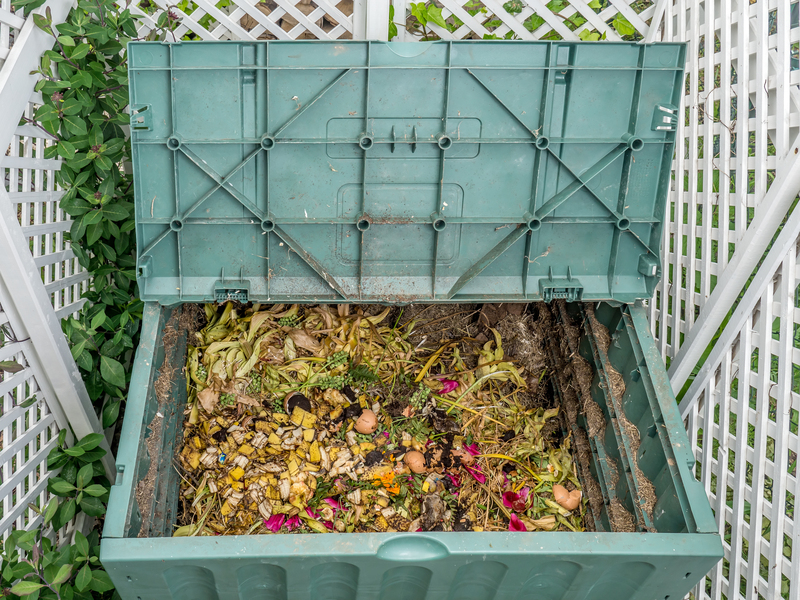Get it Right: The Essential Skip Hire Dos and Don'ts
Skip hire is the perfect solution for efficient waste management, whether you're managing a home renovation, decluttering, or handling a commercial project. However, there are important dos and don'ts to keep in mind to ensure your skip hire experience is hassle-free, cost-effective, and environmentally friendly. This comprehensive guide will walk you through the essential skip hire tips you need to know to get it right every time.
Understanding Skip Hire: The Basics
Before diving into the practical skip hire advice, it's crucial to understand what skip hire entails. A skip is a large container designed for loading a variety of waste materials, which is then collected and disposed of by the skip hire company. Skips come in several sizes, and knowing the basics will help you choose the ideal solution for your needs.
- Mini skips: 2-4 yards -- Best for small clearances or garden work.
- Midi skips: 6-8 yards -- Ideal for bathroom or kitchen renovations.
- Builder's skips: 8-12 yards -- Perfect for substantial construction projects.
- Large skips: 14-16+ yards -- Suited for bulky, lightweight waste.
When booking a skip, consider the project scope, the type of waste you'll produce, and your site's logistical constraints.

Why Choosing the Right Skip Hire Matters
Making the right choices from the outset will save you time, money, and stress. It also helps ensure your waste is properly disposed of or recycled in compliance with regulations. Whether searching for reliable skip hire services or simply looking to manage a one-off job, adhering to the dos and don'ts of skip hire is the secret to success.
The Essential Skip Hire Dos
1. Do Choose the Appropriate Skip Size
One of the most common skip hire mistakes is selecting the wrong size. Renting a skip that's too small may result in overfilling, while an unnecessarily large skip wastes money. Consider the type and volume of waste you'll generate. When in doubt, size up -- it's often more cost-effective than needing a second rental.
2. Do Check Local Permits and Regulations
Placing a skip on a public road usually requires a permit from the local authority. Skipping this step can result in fines or removal of your skip. Contact your skip hire provider; they often arrange permits for you. But always double-check what's allowed in your area.
3. Do Consider the Placement of Your Skip
- Ensure the drop-off area is accessible for delivery trucks.
- Avoid blocking driveways, paths, or emergency exits.
- Place on private land if possible to avoid permit hassles.
A suitable, accessible location speeds up delivery and collection, and keeps you compliant with safety regulations.
4. Do Separate Waste Types Where Required
Some skips are strictly for specific waste streams: general mixed waste, inert waste (brick, concrete), or green waste. If your project generates multiple types of waste, segregate materials. This not only often reduces costs, but it also boosts recycling efforts and prevents environmental harm.
5. Do Fill the Skip Safely and Evenly
Piling waste too high risks hazards and legal issues. Always:
- Fill evenly, distributing heavier items at the bottom.
- Don't overfill beyond the rim -- most companies won't collect overfilled skips.
- Break down bulky items to maximize space.
Safe loading is critical for efficient skip collection and transportation.
6. Do Know What You Can and Cannot Place in a Skip
Certain items are strictly prohibited in skips, including:
- Asbestos
- Electrical items (e.g., fridges, TVs)
- Batteries or toxic chemicals
- Paint, solvents, and oils
- Gas cylinders
- Tyres
If you need to dispose of restricted items, consult your skip provider for alternative solutions. It's vital to avoid environmental risks and legal trouble.
7. Do Book Your Skip Hire in Advance
Demand for skips can spike in busy seasons or during local events. Early reservations guarantee availability and allow time to secure permits.
The Crucial Skip Hire Don'ts
1. Don't Overfill the Skip
Overfilling your skip is not just illegal; it poses safety hazards during transport. Most providers strictly adhere to the "fill to the rim" rule, and may refuse to collect skips that are too full. Avoid extra charges -- fill sensibly!
2. Don't Dispose of Hazardous Waste Improperly
As mentioned earlier, skips are not meant for hazardous items. Improper disposal risks environmental harm and could result in costly fines or cleanups. Always find the correct channels for hazardous waste disposal.
3. Don't Block Access to Essential Areas
Before the skip is delivered, ensure it won't obstruct:
- Emergency access routes
- Neighboring property driveways
- Waste collection points
Thoughtful placement prevents disputes and accidents.
4. Don't Ignore Safety Precautions
Don't allow children to play in or around the skip. Cover the skip at night if it's outside for a prolonged period to deter fly-tipping or unauthorised dumping.
5. Don't Forget to Notify Your Provider About Collection
Your skip hire contract covers a specific rental period. Failing to request collection on time may incur additional daily charges. Keep the provider informed to avoid extra costs and inconvenience.
FAQ: Common Skip Hire Questions Answered
How Do I Know What Size Skip I Need?
- Estimate your waste volume -- think in "bin bags" (e.g., 30-40 bin bags for a 6-yard skip)
- Ask your skip company for advice -- they are experienced with similar projects
- Bigger is often better to avoid overfilling or repeat rentals
Can I Put a Skip on the Road?
Yes, but you'll need a skip hire permit from the local council. Permits cost extra and often require road safety measures like cones or lights.
How Long Can I Keep a Skip?
Most skip hire periods range from 7-14 days, but you can extend for a fee. Always check and arrange an extension if needed.
What Happens to My Waste?
Reputable skip hire companies sort and process waste for recycling wherever possible. Less waste goes to landfill, minimizing environmental impact. Ask your supplier about their sustainability practices.
Pro Tips for Successful Skip Hire
- Get several skip hire quotes to compare costs, service, and waste recycling rates.
- Share a skip with a neighbor to split the cost if your project is small.
- Book your skip well in advance during busy periods (spring, bank holidays).
- Clear access routes on delivery and pickup days for smooth service.

Environmentally Responsible Skip Hire
With growing environmental concerns, it's vital to choose skip hire companies committed to recycling and proper waste disposal. Look for those certified by environmental authorities, and always ask where your waste ends up. Eco-friendly skip hire is a step toward a cleaner, greener planet.
Conclusion: Master Skip Hire with These Essential Dos and Don'ts
Getting skip hire right is not difficult -- it simply requires careful planning, responsible waste disposal, and adherence to regulations. By following these essential skip hire dos and don'ts, you'll enjoy a stress-free experience, minimize costs, and do your part for the environment. Whether you're seeking domestic skip hire advice for a clear-out or managing a large building project, these tips ensure you're fully prepared.
- Select the right size and type for your needs.
- Check permits and local skip placement rules.
- Only dispose of allowed materials.
- Work with trusted, green-minded skip hire companies.
Ready to start your project? Get your skip hire right the first time -- and enjoy peace of mind knowing you've followed the best practices from start to finish!
```